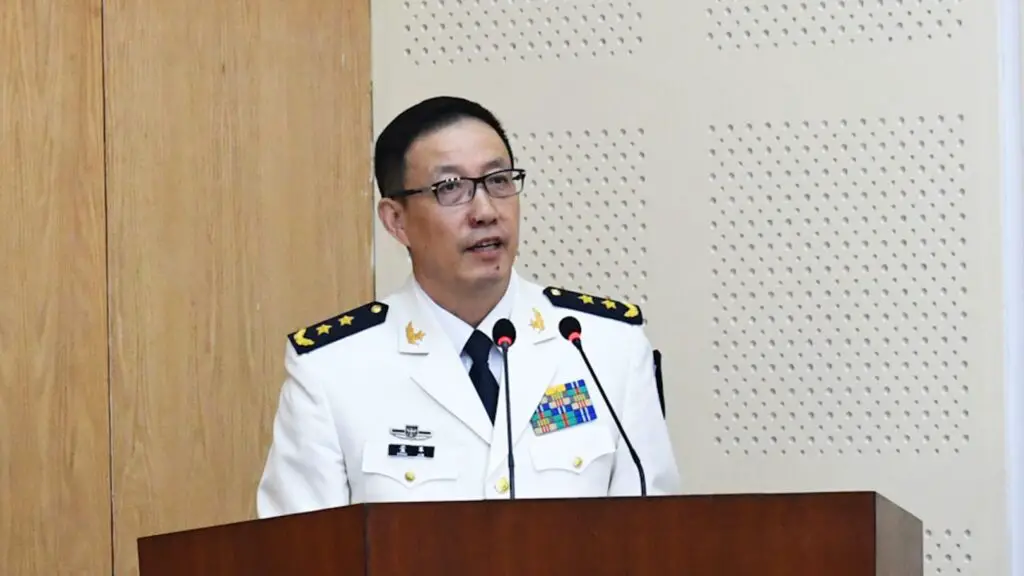China made headlines on Friday with the appointment of General Dong Jun as the new defence minister, following the abrupt dismissal of General Li Shangfu two months prior. The National People’s Congress (NPC) confirmed Mr. Li’s ouster in October, setting the stage for Mr. Dong, who currently serves as the commander of the People’s Liberation Army Navy (PLAN), to step into the role of Defence Minister.
General Dong Jun’s Appointment
General Dong, whose age remains unknown, boasts a comprehensive background in all major naval divisions within the PLAN. He ascended to the position of the navy’s top commander in 2021, having previously served in the Northern Sea Fleet, the Eastern Sea Fleet, and the Southern Command Theatre. His involvement in joint drills with the Russian Navy and his oversight of potential conflicts with Japan and the South China Sea demonstrate the breadth of his experience and strategic capabilities.
Leadership Clearance and Presidential Authority
It is pertinent to note that the appointments for top defence posts, including the recent selection of General Dong, are cleared by Chinese President Xi Jinping. In his capacity as the head of the Central Military Commission (CMC) and as the General Secretary of the ruling Communist Party of China (CPC), President Xi holds significant authority in shaping the leadership of the country’s defence apparatus.
Recent Developments and Ministerial Changes
General Li’s abrupt dismissal parallels the unexplained removal of Foreign Minister Qin Gang, who was subsequently replaced by Wang Yi earlier this year. Both officials departed without clear reasons being disclosed, leaving their respective fates shrouded in mystery. General Li had notably vanished from public view in late August, preceding his removal without any official rationale being provided.
Moreover, General Li’s placement on a U.S. sanctions list due to arms sales from Russia marked a significant development, making him the first Chinese defence minister to face such repercussions. This event underscores the complexities and implications of China’s diplomatic and strategic engagements with other nations.
Conclusion
The current state of transition within China’s defence and diplomatic structures is indicative of the intricate geopolitical landscape that the nation navigates. With the elevation of General Dong and the enigmatic departures of officials such as General Li and Minister Qin, China’s domestic and international dynamics warrant close observation as they continue to evolve and shape the country’s trajectory on the global stage.
For more information on China’s political landscape and leadership changes, you can visit the official website of the National People’s Congress (NPC) and the Central Military Commission (CMC).

